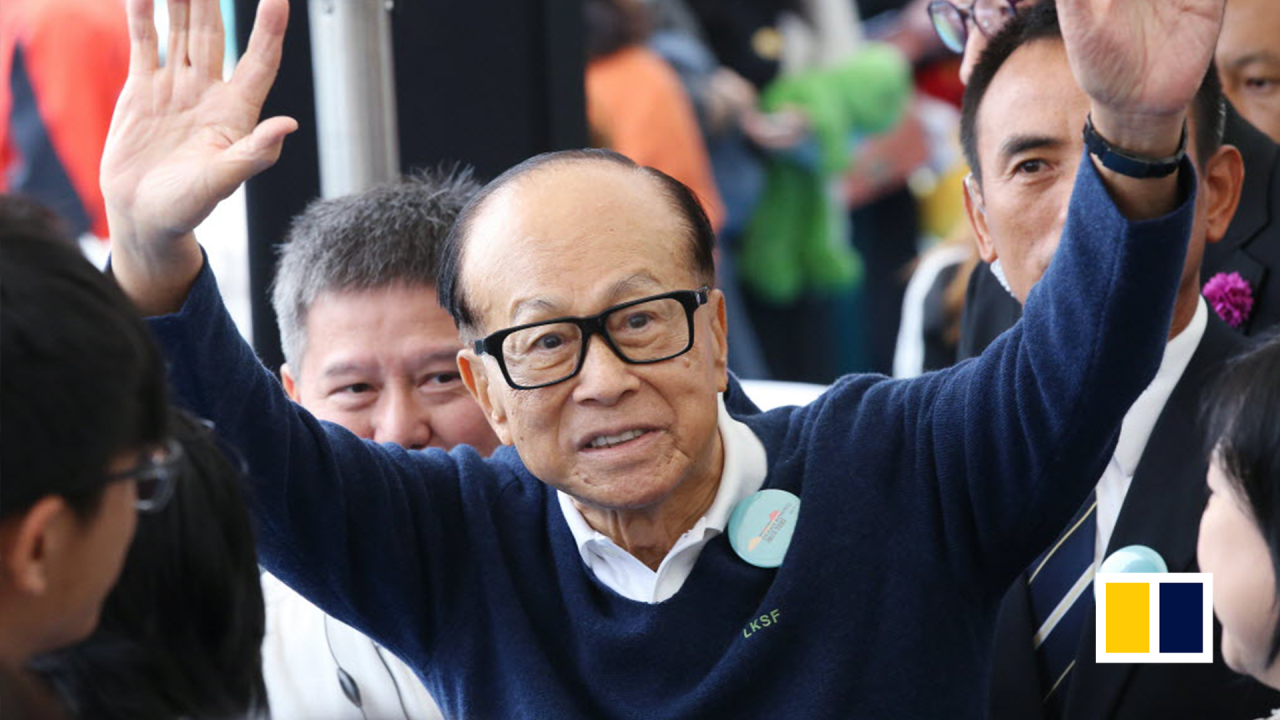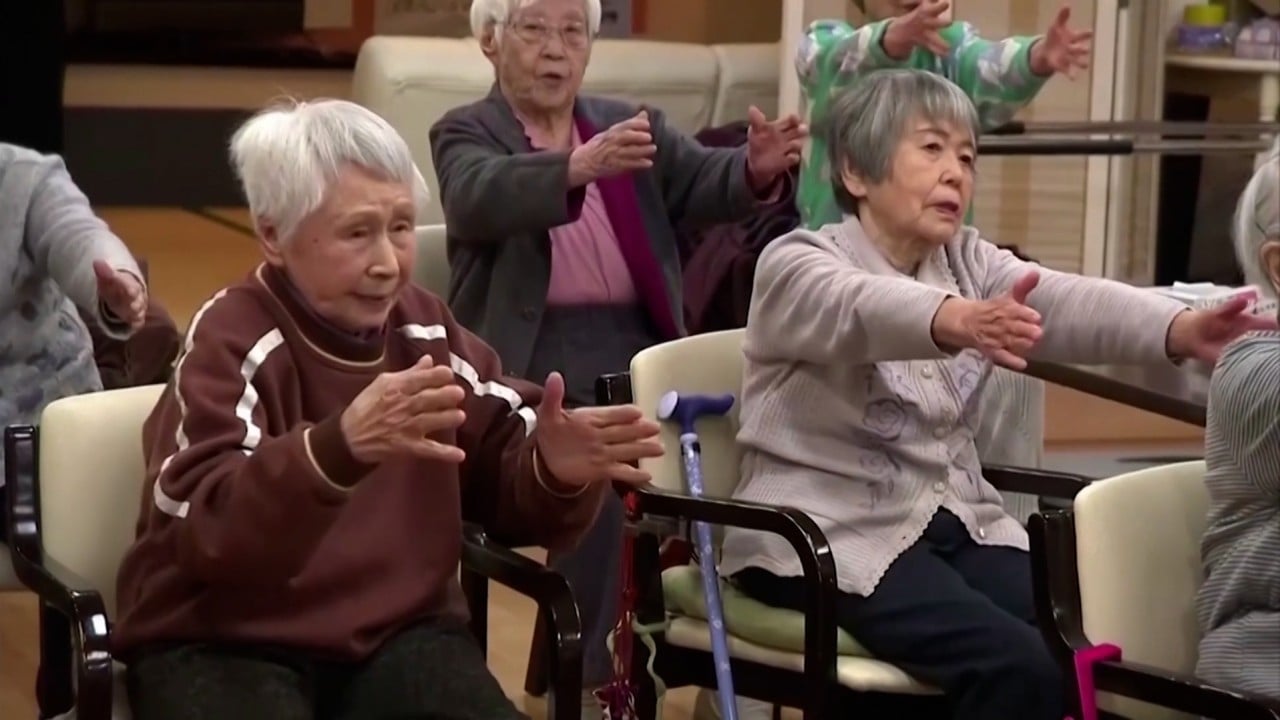But NAD therapy is no longer exclusive to the rich and famous. China has become the world’s largest producer of the supplement, and thanks to large-scale production and subsequent price reductions, it is now being embraced by the masses.
David Sinclair – a star professor in the department of genetics at Harvard Medical School – is best known for his work in understanding longevity.
His lab was among the first to identify a role for NAD biosynthesis in regulating lifespan.
Nicotinamide adenine dinucleotide (NAD) is a molecule vital to cellular metabolism that helps converting food into energy and repairing damaged DNA. But it declines with age.
In a 2013 paper published in the journal Cell, Sinclair’s team reported that a precursor molecule for NAD, called NMN, can be converted into NAD in the body. After feeding 22-month-old mice NMN for a week, it was found that some health indicators, such as the mice’s muscle condition, were restored to six-month-old levels.
But over the years, Sinclair’s research has drawn a lot of scepticism. Critics have accused him of hyping his research and touting unproven products.
And in the latest development, in April he was forced to resign as president of a prestigious academy after pushing a pill that he said reversed ageing in dogs.
Just nine years ago, in 2015, the world’s first NMN consumer product was launched by a Japanese company, which then began to enter China through overseas purchases. In those early days, a bottle containing a 9,000mg dose of NMN supplements cost more than 28,000 yuan (US$3,865).
The price drop was due to technological breakthroughs as well as an increase in the amount of raw materials able to be supplied. It marked the beginning of the move from the product being solely in the realm of the wealthy elite to its use being more widespread among the general public.
This was largely down to one man: Wang Jun. Just one day after Sinclair’s landmark paper was published in 2013, Wang, the founder of GeneHarbor, sensed the commercial potential of NMN and tasked his colleagues with researching its production.
Wang graduated from the University of Wisconsin-Madison with a PhD in molecular biology, and in 1992 he joined the Chinese University of Hong Kong as a faculty member, where his main areas of research included molecular biology, enzyme engineering and biosynthesis. In 2004, after leaving academia, Wang founded GeneHarbor.
More than a decade ago, the NMN ingredient cost as much as US$2 million/kg. Wang’s company managed to bring that price down to US$3,000/kg by using synthetic biology technology to scale up the production of the raw material.
Then in 2018, GeneHarbor began construction of a plant in the eastern Chinese province of Zhejiang. Operational two years later, it is capable of producing 200 tonnes of NMN ingredients each year, making it the world’s biggest NMN producer.
This has led to a further drop in price – now just a few hundred US dollars per kilogram.
“We were the first company in the world to really industrialise NMN,” Wang told the Post.
Sinclair’s research is used as a scientific endorsement on the homepage of the company’s NMN product.
“The discovery of the efficacy of NAD+ and NMN in anti-ageing is the world’s first rigorously scientifically validated scientific research with significant results,” it says, with two images of Sinclair’s media coverage used as an illustration below the text.
It is very complex and more studies are needed to determine how and when NAD+ precursors in the form of NMN and NR are beneficial for humans
Jonas Treebak, a scientist at the faculty of health and medical sciences at the University of Copenhagen, said more research into NMN was needed.
“It is very complex and more studies are needed to determine how and when NAD+ precursors in the form of NMN and NR are beneficial for humans,” he said.
Nicotinamide riboside (NR) is similar to NMN but requires conversion to NMN via an enzyme in the body before converting to NAD+.
He said that for NMN or NR to be beneficial, they would have to target a cell type or tissue that showed a consistent and detrimental decline in NAD+ levels with age, something there is very little evidence of in humans.
Last year, a literature review article by Jonas and his colleague published in Science Advances pointed out that oral NR supplementation had shown few clinically relevant effects, and that “there is an unfortunate tendency in literature to exaggerate the significance and robustness of reported effects”.
“There are lots of people in the field who harbour suspicions [about Sinclair’s science],” said one researcher in an interview with Boston Magazine in 2019. “It’s hard to explain how the same lab on multiple occasions over a decade or so can publish multiple pieces of data that other labs can’t reproduce.”
In February, another company he co-founded, Animal Biosciences, quoted him as saying that a supplement it had developed, which also worked by enhancing NAD+ production, reversed ageing in dogs, but the claims outraged his peers.
The controversy led to a series of resignations from the prestigious research body he founded – the Academy for Health and Lifespan Research – with one scientist who quit labelling Sinclair a “snake oil salesman”.
In April, Sinclair was forced to resign as president. The Post contacted Sinclair for a response to these allegations, but did not receive a reply.
These products are strictly regulated in China. They have not yet been approved by the Chinese authorities and customers can only buy them through cross-border e-commerce platforms. In May last year, NMN’s application for food additives was rejected by China’s National Health Commission.
Wang has expressed his displeasure at such regulations.
He has argued that NMN is already a molecule in the body, so there should be no problem with its safety, and research over the years has clarified its mechanism, adding that it is becoming more affordable, all of which makes it a good anti-ageing product.
He said he recently met a friend who told him that hundreds of people around him had taken NMN supplements, and many mentioned improvements in sleep quality, as well as cardiovascular and immune systems, thanks to the product.
On major Chinese e-commerce platform JD, many shoppers mentioned similar improvements.
Some, however, remain sceptical.
For example, one buyer who has been using the product for two years commented in March that he takes it with a grain of salt because “there is no harm in taking it for a long time anyway”.
“The psychological comfort is greater than the actual effect,” he said, although he hopes it will slow down ageing and regulate bodily functions.
Wang denied that the Sinclair controversy would affect the prospects of NMN products. Because of its many benefits, he said, NMN’s future uses would only expand, from healthcare products to cosmetics to pharmaceuticals.
In an interview with the mainland magazine China Newsweek in 2020, Wang mentioned the possibility of expanding again to a much larger NMN factory, boosting production and thus lowering the price even further.
“NMN will probably be as cheap as a cup of milk tea,” he said.



